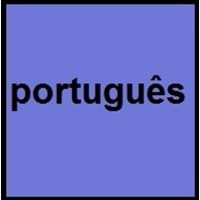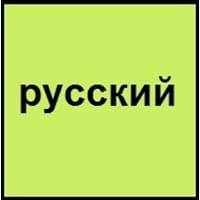Portuguese and Russian
- Portuguese language has absorbed many words from French, Italian, Arabic and also from indigenous South American and African languages.
- The first written document in Portuguese language was found in the 12th century.
- In Russian language, the words are not pronounced as they are written.
- In Russian language, there are only 200,000 words out of which only few words are used and due to this many words have more than one meaning.
All Portuguese and Russian Dialects
Most languages have dialects where each dialect differ from other dialect with respect to grammar and vocabulary. Here you will get to know all Portuguese and Russian dialects. Various dialects of Portuguese and Russian language differ in their pronunciations and words. Dialects of Portuguese are spoken in different Portuguese Speaking Countries whereas Russian Dialects are spoken in different Russian speaking countries. Also the number of people speaking Portuguese vs Russian Dialects varies from few thousands to many millions. Some of the Portuguese dialects include: Brazilian Portuguese, European Portuguese. Russian dialects include: Doukhobor Russian , Olonets. Also learn about dialects in South American Languages and North American Languages.
Portuguese and Russian Speaking population
Portuguese and Russian speaking population is one of the factors based on which Portuguese and Russian languages can be compared. The total count of Portuguese and Russian Speaking population in percentage is also given. The percentage of people speaking Portuguese language is 3.27 % whereas the percentage of people speaking Russian language is 2.33 %. When we compare the speaking population of any two languages we get to know which of two languages is more popular. Find more details about how many people speak Portuguese and Russian on Portuguese vs Russian where you will get native speakers, speaking population in percentage and native names.
Portuguese and Russian Language Codes
Portuguese and Russian language codes are used in those applications where using language names are tedious. Portuguese and Russian Language Codes include all the international language codes, glottocodes and linguasphere.





